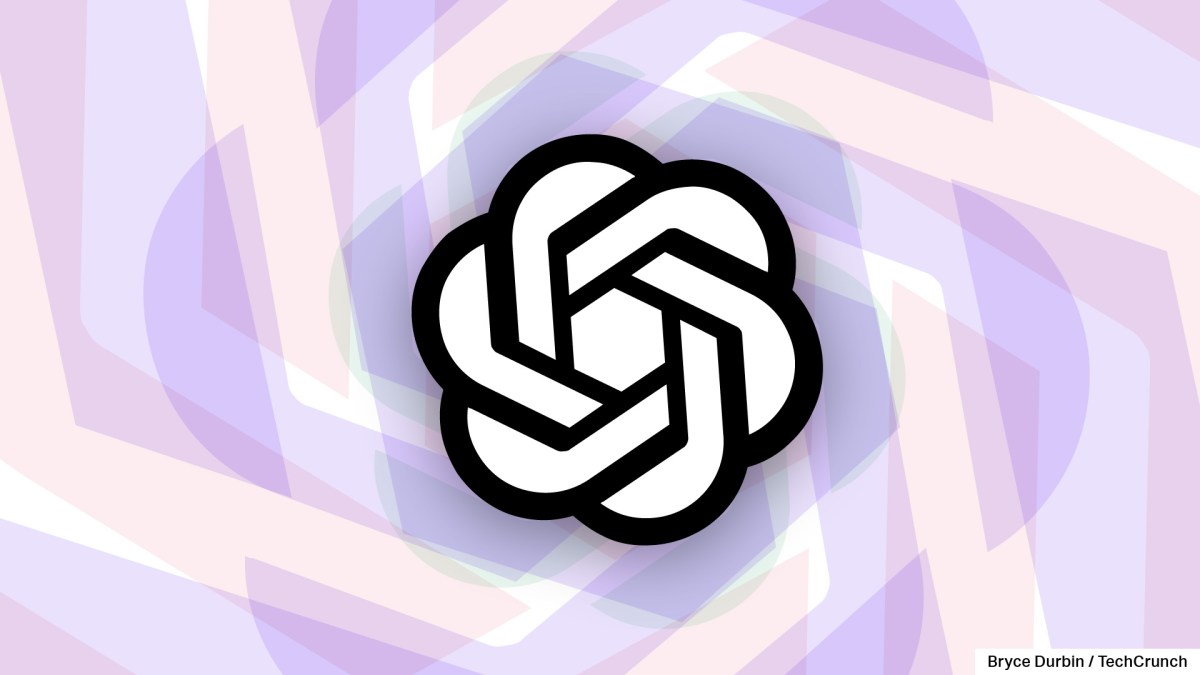OpenAI on Wednesday brought the tech behind its new and improved image generation feature in ChatGPT to its API, allowing developers to integrate it into their apps and services.
OpenAI’s new image generator, which launched for most ChatGPT users in late March, went viral for its ability to create realistic Ghibli-style photos and “AI action figures.” It’s been a mixed blessing for OpenAI, leading to millions of new signups for ChatGPT while also greatly straining the company’s capacity. Over 130 million ChatGPT users created more than 700 million images in just the first week of the tool’s availability, according to the company.
In OpenAI’s API, the image generation capability is powered by an AI model called “gpt-image-1.” A natively multimodal model, gpt-image-1 can create images across different styles, follow custom guidelines, leverage world knowledge, and render text.
Developers can generate multiple images at a time using gpt-image-1, and control the generation quality — and therefore speed.
According to OpenAI, gpt-image-1 employs the same safety guardrails as image generation in ChatGPT, including safeguards that restrict the model from generating content that runs afoul of the company’s policies. Developers can control moderation sensitivity, which can be set to “auto” for standard filtering or “low” for less restrictive filtering. Low filtering limits fewer categories of potentially age-inappropriate content, per OpenAI documentation provided to TechCrunch.
OpenAI also says that all images created with gpt-image-1 are watermarked with C2PA metadata so they can be identified as AI-generated by supported platforms and apps.
Pricing is $5 per million input tokens for text and $10 per million input tokens for images, and $40 per million output tokens for images. (Tokens are the raw bits of data that the model processes.) That translates to around 2 cents, 7 cents, and 19 cents per generated image for low-, medium-, and high-quality square images, respectively, according to OpenAI.
OpenAI says that companies including Adobe, Airtable, Wix, Instacart, GoDaddy, Canva, and Figma are already using or experimenting with gpt-image-1. Figma’s Figma Design platform, for example, now lets users generate and edit images via gpt-image-1, while Instacart is testing the model for images for recipes and shopping lists.
